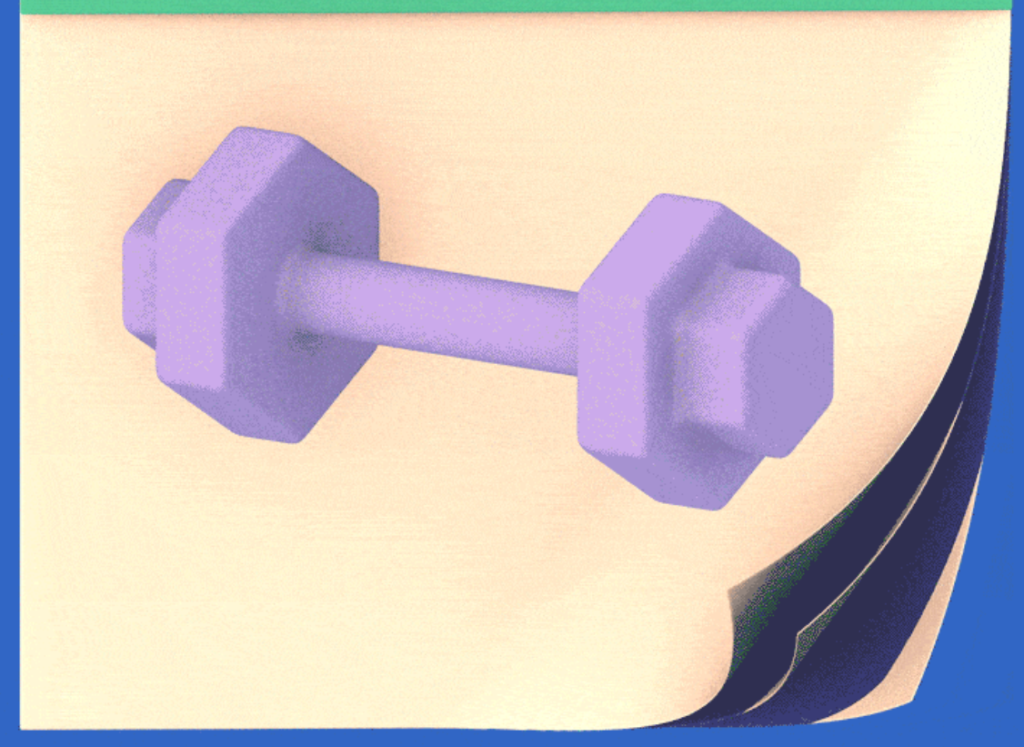
Blue light’s rap sheet is growing ever longer. Researchers have connected the high-energy visible light, which emanates from both the sun and your cell phone (and just about every other digital device in our hands and on our bedside tables), to disruptions in the body’s circadian rhythms. And physicians have drawn attention to the relationship between our favorite devices and eye problems.








